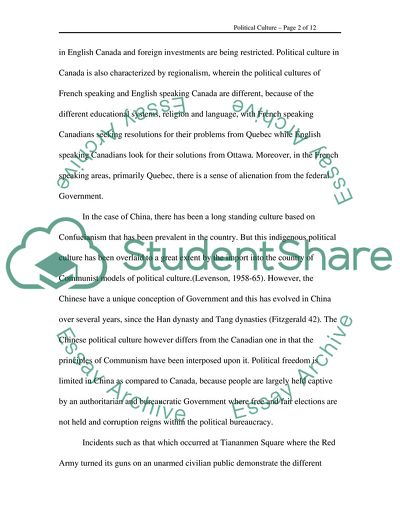Cite this document
(The Difference of Political System Between Canada and China Article, n.d.)
The Difference of Political System Between Canada and China Article. https://studentshare.org/politics/1708641-the-difference-of-political-system-between-canada-and-china
The Difference of Political System Between Canada and China Article. https://studentshare.org/politics/1708641-the-difference-of-political-system-between-canada-and-china
(The Difference of Political System Between Canada and China Article)
The Difference of Political System Between Canada and China Article. https://studentshare.org/politics/1708641-the-difference-of-political-system-between-canada-and-china.
The Difference of Political System Between Canada and China Article. https://studentshare.org/politics/1708641-the-difference-of-political-system-between-canada-and-china.
“The Difference of Political System Between Canada and China Article”. https://studentshare.org/politics/1708641-the-difference-of-political-system-between-canada-and-china.


